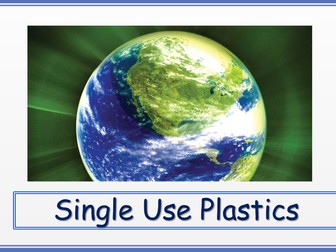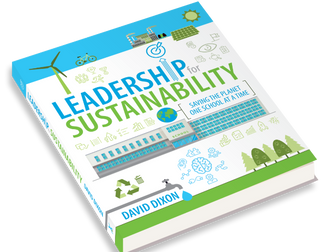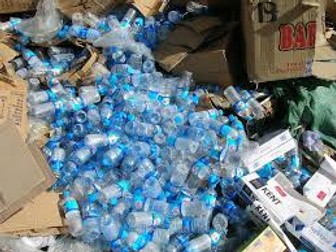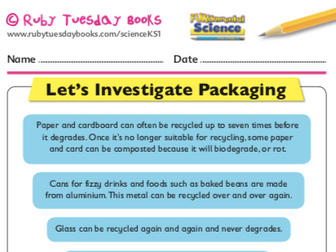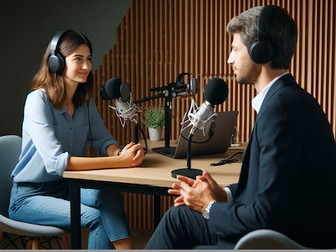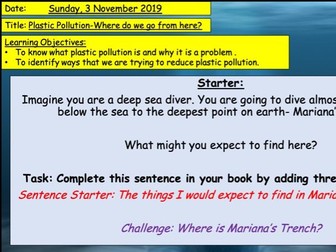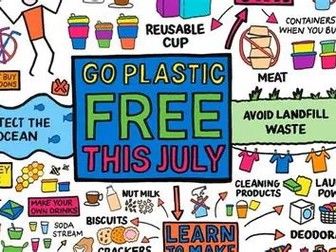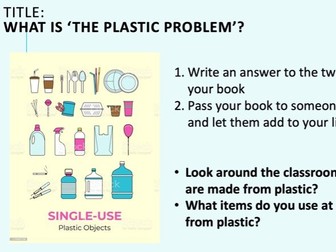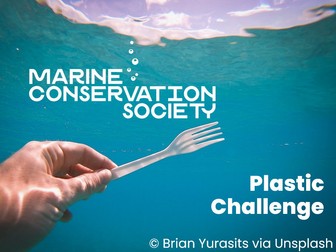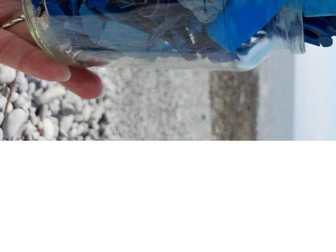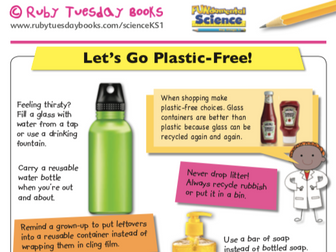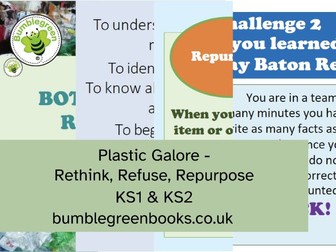Assembly: Single Use Plastics
This assembly looks at the issue of single use plastic.
Children are asked initially to use words to describe an idyllic scene, which they later find out is cropped, and the image reveals a litter-strewn beach.
The slides talk through the origins of plastic and explore some of the benefits of plastic, so children can understand how we have arrived at this situation.
The assembly goes on to look at the drawbacks -in simple terms, not too hard-hitting or upsetting.
The final part of this assembly encourages children to think about what they can do to address the situation. There are slides encouraging recycling, not using in the first place, and participation in litter picks.
The assembly ends with a prayer, but a good alternative would also be a silent promise - one thing the children will do in the next week to help the situation.
There are also external links to two clips that could be used in the assembly - one a classroom clip about different types of plastic and another You Tube clip that’s quite a nice opportunity to ask children what unsustainable choices the man is making, and what the drawbacks for him of each of his choices are.
I hope you enjoy using this resource. It is such an important issue and I’m very pleased it is becoming increasingly topical.
I would be grateful if you would leave a review, once you have used the assembly.
